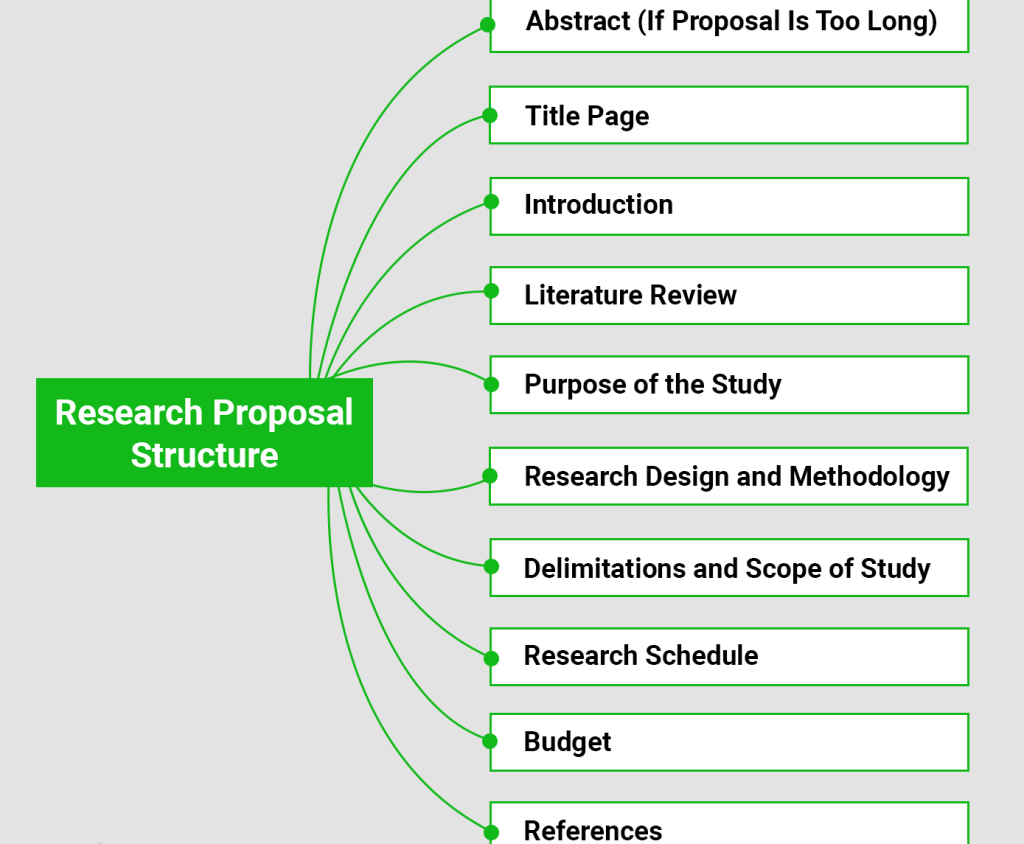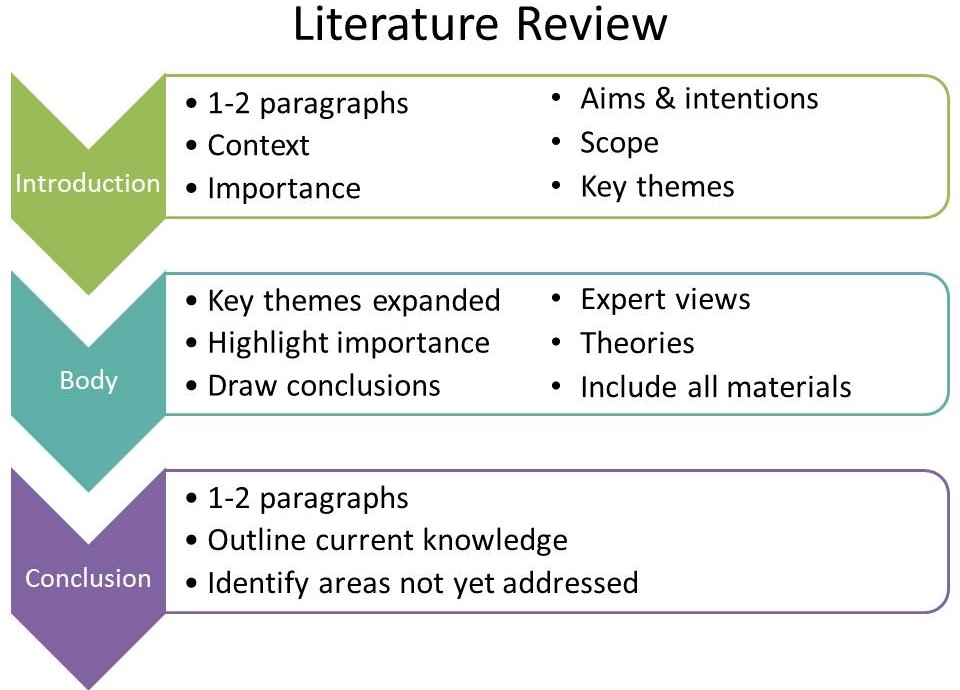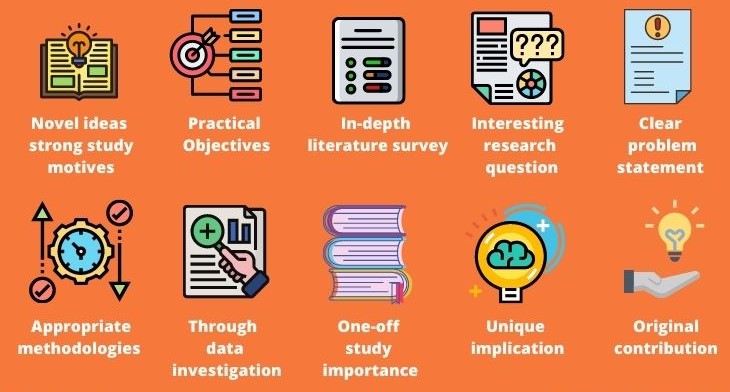
Table of Contents
Embarking on a PhD journey is a significant undertaking, and the first crucial step is crafting a compelling PhD proposal. This document is your gateway to securing a place in a doctoral program and sets the stage for years of focused research.
This comprehensive guide will walk you through every aspect of PhD proposal writing, providing you with the knowledge and tools needed to create a winning application.
What is a PhD Proposal?
A PhD proposal is a formal document outlining your proposed research project. It’s essentially a roadmap for your doctoral studies, detailing the research question, methodology, and expected outcomes. Think of it as a persuasive argument that demonstrates your research’s significance, feasibility, and your own capabilities as a researcher. A strong PhD proposal convinces the admissions committee that your project is worthwhile and that you are the right candidate to undertake it.
Why is a Strong PhD Proposal Crucial?
Your PhD proposal is more than just a formality; it’s a critical component of your application. It serves several key purposes:
- Demonstrates Your Understanding: It showcases your knowledge of the relevant literature and your ability to identify a gap in current research.
- Highlights Your Research Skills: It illustrates your understanding of research methodologies and your ability to design a feasible study.
- Persuades the Committee: It convinces the admissions committee that your research is significant, original, and contributes to the existing body of knowledge.
- Secures Funding: In some cases, a strong PhD proposal can be instrumental in securing funding for your research.
- Forms the Foundation for Your PhD: It acts as a preliminary framework for your thesis, guiding your research direction.
In essence, a well-written PhD proposal is the cornerstone of a successful PhD application.
Key Elements of a Successful PhD Proposal
While specific requirements may vary depending on the university and discipline, most PhD proposals share several core elements:
- Title: A concise and descriptive title that accurately reflects your research topic.
- Abstract: A brief summary of your proposed research, highlighting the key research question, methodology, and expected outcomes.
- Introduction: A compelling introduction that sets the context for your research, outlining the problem you intend to address and the significance of your work.
- Literature Review: A critical analysis of existing research relevant to your topic, demonstrating your understanding of the field and identifying gaps in knowledge.
- Research Questions/Hypotheses: Clearly defined research questions or hypotheses that your research aims to answer or test.
- Methodology: A detailed description of the research methods you will employ, including data collection techniques, data analysis procedures, and ethical considerations.
- Expected Outcomes and Significance: A discussion of the anticipated results of your research and their potential impact on the field.
- Timeline/Work Plan: A realistic timeline outlining the different stages of your research, from data collection to thesis writing.
- Bibliography: A comprehensive list of all sources cited in your proposal.

Let’s delve into each of these elements in more detail.
Detailed Breakdown of PhD Proposal Components
- Title: The title should be informative, concise, and engaging. It should clearly indicate the subject matter and scope of your research. Avoid overly technical jargon or ambiguous phrasing.
- Abstract: The abstract is a crucial element. It’s often the first thing reviewers read. Keep it concise (typically 150-300 words) and clearly state:
- The research problem
- The research question/hypothesis
- The methodology you’ll use
- The expected contribution to the field
- Introduction: The introduction sets the stage for your entire PhD proposal. It needs to capture the reader’s attention and provide a compelling rationale for your research. Consider the following:
- Hook: Start with a captivating sentence or paragraph that draws the reader in.
- Background: Provide sufficient background information on the topic.
- Problem Statement: Clearly articulate the problem your research addresses.
- Significance: Explain why this research is important and what impact it will have.
- Research Aim: Briefly state the overall aim of your research.
- Literature Review: This section demonstrates your understanding of the existing research landscape. It’s not just a summary of articles; it’s a critical analysis that identifies gaps in knowledge and positions your research within the broader context.
- Scope: Define the scope of your review and justify your selection of sources.
- Synthesis: Group and synthesize relevant literature around key themes.
- Critical Analysis: Evaluate the strengths and weaknesses of existing research.
- Gap Identification: Clearly identify the gaps in knowledge that your research will address.
- Research Questions/Hypotheses: These are the driving force behind your research. They should be clear, focused, and answerable through your chosen methodology.
- Clarity: Ensure your questions or hypotheses are unambiguous.
- Specificity: Define the scope of your questions or hypotheses.
- Measurability: Ensure your questions or hypotheses can be addressed through empirical research.
- Alignment: Ensure your questions or hypotheses align with your research aim and literature review.
- Methodology: This section is where you demonstrate your understanding of research methods. You need to clearly explain how you will conduct your research.
- Research Design: Specify the type of research design you will use (e.g., experimental, qualitative, mixed methods).
- Data Collection: Describe how you will collect data (e.g., surveys, interviews, experiments, archival research).
- Participants/Sample: Explain who your participants will be and how you will recruit them.
- Data Analysis: Detail the methods you will use to analyze your data (e.g., statistical analysis, thematic analysis, discourse analysis).
- Ethical Considerations: Address any ethical considerations related to your research, such as informed consent, confidentiality, and data security.
- Expected Outcomes and Significance: This section highlights the potential impact of your research.
- Anticipated Results: Describe the expected outcomes of your research.
- Contribution to Knowledge: Explain how your research will contribute to the existing body of knowledge.
- Practical Implications: Discuss the practical implications of your research findings.
- Timeline/Work Plan: A realistic timeline demonstrates that you have carefully considered the feasibility of your project.
- Key Milestones: Identify key milestones in your research process (e.g., literature review, data collection, data analysis, thesis writing).
- Time Allocation: Allocate realistic timeframes for each milestone.
- Contingency Planning: Consider potential challenges and how you will address them.
- Bibliography: Ensure your bibliography is complete and accurate, following the specified citation style.
Common Pitfalls to Avoid in PhD Proposal Writing
Here are the common pitfalls to avoid when crafting your proposal, ensuring it stands out for all the right reasons.
1. Lack of Clarity and Focus: The Ambiguous Research Question
One of the most frequent errors is presenting a vague or overly broad research question. Your PhD proposal needs to demonstrate a clear understanding of the research landscape and pinpoint a specific, answerable question.
- Problem: The research question is too ambitious, covering too much ground, or lacking specific parameters.
- Solution: Narrow your focus. Define clear boundaries for your research. Use concrete language and specific examples to illustrate your intent. Ask yourself, “What specific gap in the literature am I addressing?”
2. Insufficient Literature Review: Ignoring the Existing Knowledge
Your PhD proposal should demonstrate your familiarity with the existing literature relevant to your topic. Ignoring or underestimating this aspect suggests a lack of understanding of the field and a potential duplication of previous work.
- Problem: A superficial overview of existing research or a failure to critically analyze the relevant literature.
- Solution: Conduct a thorough literature review. Identify key themes, debates, and gaps in the current understanding. Demonstrate how your research builds upon or challenges existing knowledge. Cite sources accurately and comprehensively.

3. Methodological Weakness: A Flawed Research Design
A poorly defined research methodology can significantly weaken your PhD proposal. Your proposed research design should be appropriate for addressing your research question and demonstrate a clear understanding of relevant methodologies.
- Problem: The chosen methodology is not suitable for answering the research question, lacks justification, or shows a lack of understanding of the methodology itself.
- Solution: Clearly outline your research methodology, including data collection methods, analytical techniques, and ethical considerations. Justify your methodological choices, explaining why they are the most appropriate for your research question. Consider potential limitations and how you will address them.
4. Overestimating Feasibility: Bite-Sized Research
Many students underestimate the time, resources, and expertise required to complete a PhD. Proposing an overly ambitious project can raise concerns about feasibility.
- Problem: The proposed research is too extensive to be realistically completed within the timeframe of a PhD.
- Solution: Be realistic about the scope of your research. Focus on a manageable project that can be completed within the allocated time and resources. Consult with potential supervisors to assess the feasibility of your proposed research.
5. Poor Presentation: First Impressions Matter
Even the most brilliant research idea can be undermined by a poorly written and presented PhD proposal. Errors in grammar, spelling, and formatting can detract from the overall impact of your proposal.
- Problem: The proposal is poorly written, lacks clarity, or contains grammatical errors. The formatting is inconsistent, and the overall presentation is unprofessional.
- Solution: Proofread carefully. Seek feedback from peers or mentors. Pay attention to formatting guidelines. Ensure that your proposal is clear, concise, and easy to read. A well-presented proposal demonstrates professionalism and attention to detail.
Avoiding these common pitfalls will significantly increase your chances of securing a place in a PhD program. Remember, your proposal is your first opportunity to showcase your research skills and demonstrate your potential as a future scholar. Invest the time and effort necessary to craft a compelling and well-researched document.
When to Seek PhD Proposal Help
While this guide provides comprehensive advice on PhD proposal writing, sometimes seeking external help can be beneficial. Consider exploring PhD proposal help from PhD Nurse Writer if you are struggling with:
- Defining Your Research Question: If you’re struggling to formulate a clear and focused research question, expert guidance can be invaluable.
- Developing Your Methodology: If you’re unsure about the appropriate research methods to use, seeking assistance from a methodology expert can be helpful.
- Conducting Your Literature Review: If you’re struggling to synthesize and analyze existing research, a literature review specialist can provide valuable support.
- Improving Your Writing: If you’re not confident in your writing skills, consider seeking feedback from a professional editor or writing coach.
Remember, seeking PhD proposal help isn’t a sign of weakness; it’s a strategic decision to ensure you submit the strongest possible application. Our PhD proposal writing services guarantee authentic and top notch work for academic and professional success. Besides PhD proposals, we also help students with writing essays, term papers, research papers, assignments, proctored exams, case studies and thesis.
The Importance of Originality in Your PhD Proposal
Universities are looking for groundbreaking research. Therefore, demonstrating the originality of your PhD proposal is paramount. You need to clearly articulate how your research will contribute something new to the field, whether it’s a new perspective, a novel methodology, or the investigation of a previously unexplored area. A strong PhD proposal explicitly addresses the issue of originality.
Tailoring Your PhD Proposal
Every university and department has its specific requirements and expectations. Carefully review the guidelines provided by the institution you are applying to and tailor your PhD proposal accordingly. Pay attention to the specified word count, formatting requirements, and preferred citation style. This attention to detail demonstrates your commitment to the application process.
Quick Tips for PhD Proposal Writing
Crafting a compelling PhD proposal can feel daunting, but these quick tips will help you navigate the process effectively:
I. Before You Start Writing:
- 1. Identify Your Research Area:
- Pinpoint a broad field you’re passionate about. This will fuel your motivation during the lengthy research process.
- Read widely within this field to understand current trends, gaps in knowledge, and existing debates.
- 2. Choose Your Supervisor Wisely:
- Research potential supervisors whose expertise aligns with your research interests.
- Contact them before writing your PhD proposal to discuss your ideas and get preliminary feedback. This shows initiative and helps tailor your proposal to their areas of interest.
- Consider their supervisory style – do you prefer a hands-on or hands-off approach?
- 3. Understand University Requirements:
- Every university has specific guidelines for PhD proposals. Download and meticulously review these guidelines.
- Pay close attention to formatting, word limits, required sections, and submission deadlines. Ignoring these details can lead to automatic rejection.
II. Crafting the Core Sections of Your Proposal:
- 4. Compelling Title & Abstract:
- Your title should be concise, informative, and engaging, giving a clear indication of your research topic.
- The abstract (usually 200-300 words) is your first (and sometimes only) chance to impress. Summarize the research problem, your proposed approach, and expected outcomes.
- 5. Defining the Research Problem:
- Clearly articulate the gap in knowledge your research will address. Why is this research important? What impact will it have?
- Avoid overly broad or ambitious problem statements. Focus on a specific, manageable issue.
- Back up your claims with citations from reputable sources.
- 6. Literature Review: Show Your Knowledge:
- Demonstrate a thorough understanding of existing research relevant to your topic.
- Critically analyze previous studies, identifying strengths, weaknesses, and areas for improvement.
- Position your proposed research within the broader context of the existing literature, highlighting its novelty and contribution.
- 7. Methodology: How You’ll Conduct the Research:
- Detail the research methods you’ll use (e.g., quantitative, qualitative, mixed methods). Justify your choice of methods.
- Describe your data collection techniques (e.g., surveys, interviews, experiments, archival research).
- Outline your data analysis plan. How will you analyze the data to answer your research questions?
- Address potential ethical considerations.
- 8. Timeline & Feasibility:
- Provide a realistic timeline for completing your PhD. Break down the research into manageable stages with specific deadlines.
- Consider the feasibility of your project within the given timeframe and resources. Don’t propose something overly ambitious or impossible to achieve.
- 9. Expected Outcomes & Significance:
- Clearly state the anticipated outcomes of your research. What new knowledge or insights will it generate?
- Explain the significance of your research. How will it contribute to your field, address a real-world problem, or inform policy?
III. Refining and Polishing Your Proposal:
- 10. Concise & Clear Writing:
- Use clear, concise language. Avoid jargon and overly complex sentences.
- Structure your PhD proposal logically and coherently. Use headings and subheadings to guide the reader.
- 11. Proofread Meticulously:
- Typos, grammatical errors, and inconsistencies can undermine your credibility.
- Proofread your PhD proposal carefully before submitting it. Ask a friend or colleague to proofread it as well.
- 12. Seek Feedback:
- Share your draft with your potential supervisor, mentors, and peers for feedback.
- Be open to criticism and willing to revise your PhD proposal based on their suggestions.
- 13. Tailor Your Proposal:
- Remember to tailor your proposal to the specific requirements and expectations of the university and department. A generic proposal is unlikely to be successful.
- 14. Show Enthusiasm!
- Let your passion for your research topic shine through! A convincing PhD proposal isn’t just about technical details; it’s about demonstrating your enthusiasm and commitment to pursuing your research.

Final Thoughts on Writing Your PhD Proposal
Writing a compelling PhD proposal requires careful planning, meticulous research, and clear communication. By following the advice in this guide, you can increase your chances of securing a place in your desired doctoral program. Remember that your PhD proposal is a reflection of your potential as a researcher. Invest the time and effort needed to create a document that showcases your abilities and convinces the admissions committee that you are the right candidate to pursue your research. The journey to a PhD begins with a solid PhD proposal. Good luck with your PhD proposal writing!





